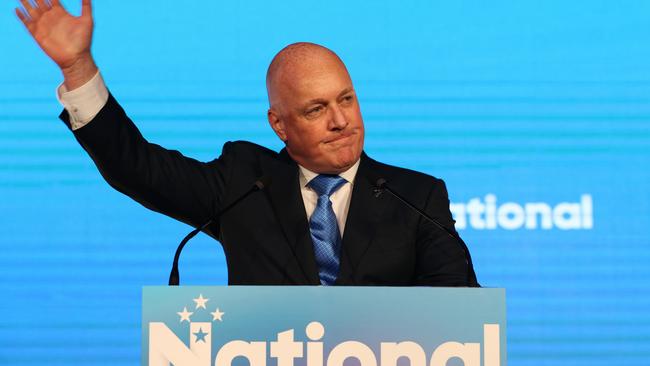
Not for two weeks will Kiwis know exactly which parties will be part of Luxon’s government.
It will be led by his centre-right National Party, which won 39 per cent of the party vote in Saturday’s preliminary count, giving it 50 seats in a 122-seat House of Representatives.
But, to govern, Luxon is expected to need both David Seymour’s right-wing, free-market, cosmopolitan Act Party, which won 9 per cent of the vote on Saturday, and Winston Peters’ nationalist, mercantilist and mainly provincial NZ First Party, which won 6.6 per cent.
Final results will be announced on November 3, after overseas, out-of-electorate and late-enrolment votes are counted. National usually loses two seats in the final count, although will pick up an extra seat when a by-election is held in one of its safest seats on November 25.
Only then will Luxon, Seymour and Peters know what cards they can play.
All three parties Luxon is expected to need to govern strongly support New Zealand’s traditional defence relationships, even more so than the outgoing Labour government.
If anything, Luxon’s National is the most pro-China of New Zealand’s mainstream parties. Former leader John Key kept in contact with President Xi Jinping after stepping down as PM in 2016 and plays a role similar to former PM Paul Keating in Australia as one of Beijing’s biggest fans. Other senior National figures have extensive business interests in China.
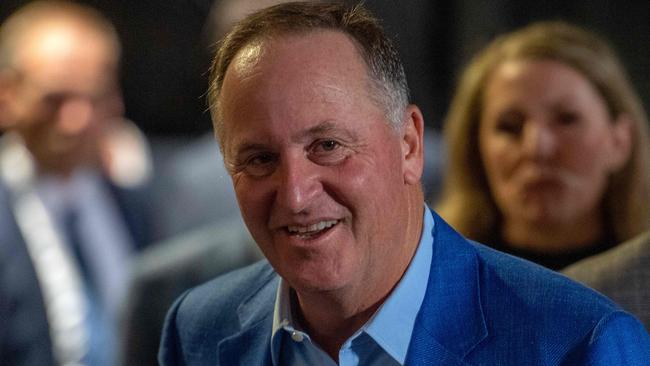
In contrast, the ACT party adamantly opposes China’s ambitions in the Pacific and unequivocally backs the Western defence network. In its alternative budget in July, which promised to slash most areas of government expenditure, ACT budgeted to increase defence spending to 1.5 per cent of GDP over four years and 2 per cent by 2030, belatedly bringing New Zealand into line with Australia’s investment and the NATO benchmark. NZ First is even more suspicious of Beijing, with Peters leading the tilt to the US as Jacinda Ardern’s first foreign minister.
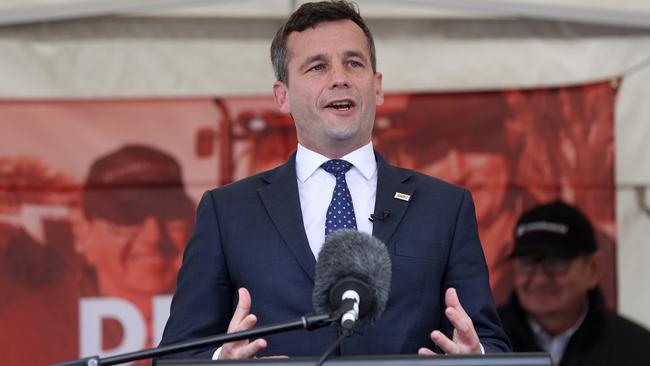
Luxon promises a strong, combat-ready, interoperable military able to defend New Zealand and Australia, and fulfil Wellington’s global security responsibilities.
Labour’s last-minute bone to far-left activists of promising to recognise the Canberra-based “ambassador” of the Palestinian Authority is now unthinkable. New Zealand will more reliably support Israel and it right to self-defence than either Key or the outgoing Labour government.
On India, Luxon’s interest is naive, underlining his being in politics for just three years. He promises to sign a free-trade agreement with New Delhi in his first term, despite milk powder, beef and other meat not being much welcomed by Prime Minister Narendra Modi’s Hindu-nationalist government.
Still, prioritising India should help expand New Zealand’s strategic and economic relationship with China’s South Asian rival, as envisaged by the US’s Indo-Pacific Economic Framework for Prosperity, putting further distance between Wellington and Beijing.
Like Key, Luxon promised to improve productivity and incomes to reduce Kiwis’ incentive to make use of “free trade in labour” with Australia, although no meaningful policy program was offered about how. Tax cuts will go ahead from July 1, but not those Luxon promised in August, which were slammed by everyone except him as poorly thought through, unaffordable and inflationary.
Labour left New Zealand with massive debt, embedded inflation, high interest rates, falling real incomes and what looks worryingly like a structural fiscal deficit. Combined with responding to the dangerous geopolitical situation, restoring basic macroeconomic discipline will be quite enough for Luxon, Seymour and Peters to get on with.
Matthew Hooton is a New Zealand political commentator who has previously worked for the National and ACT parties, and the Auckland Mayor.


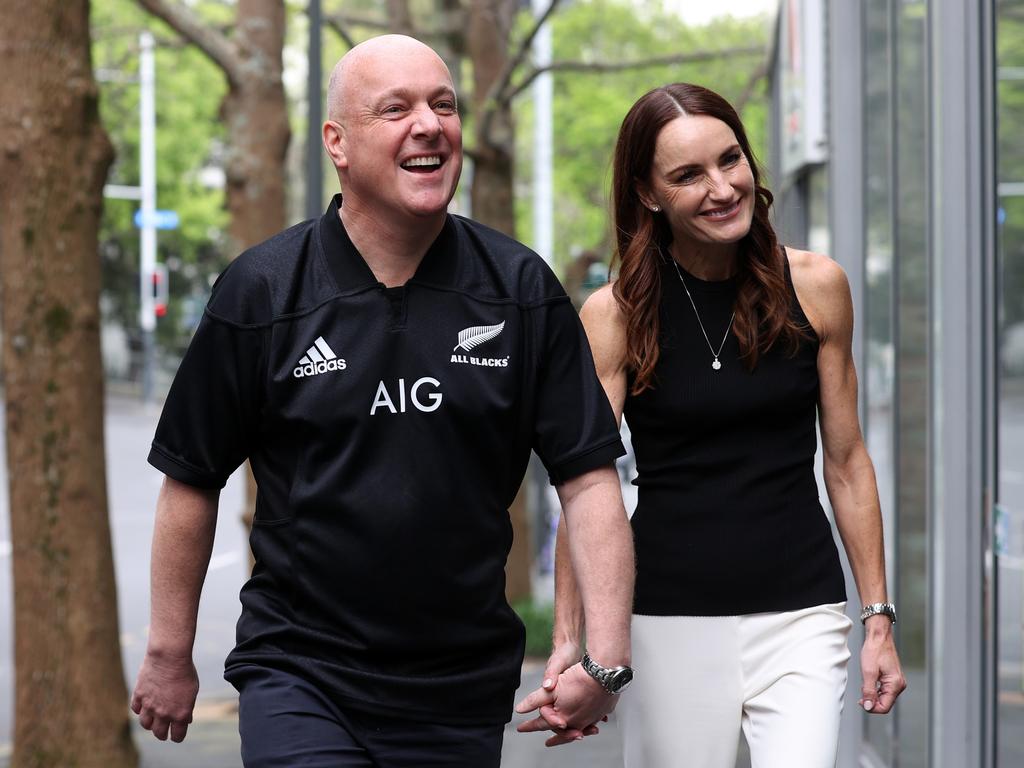
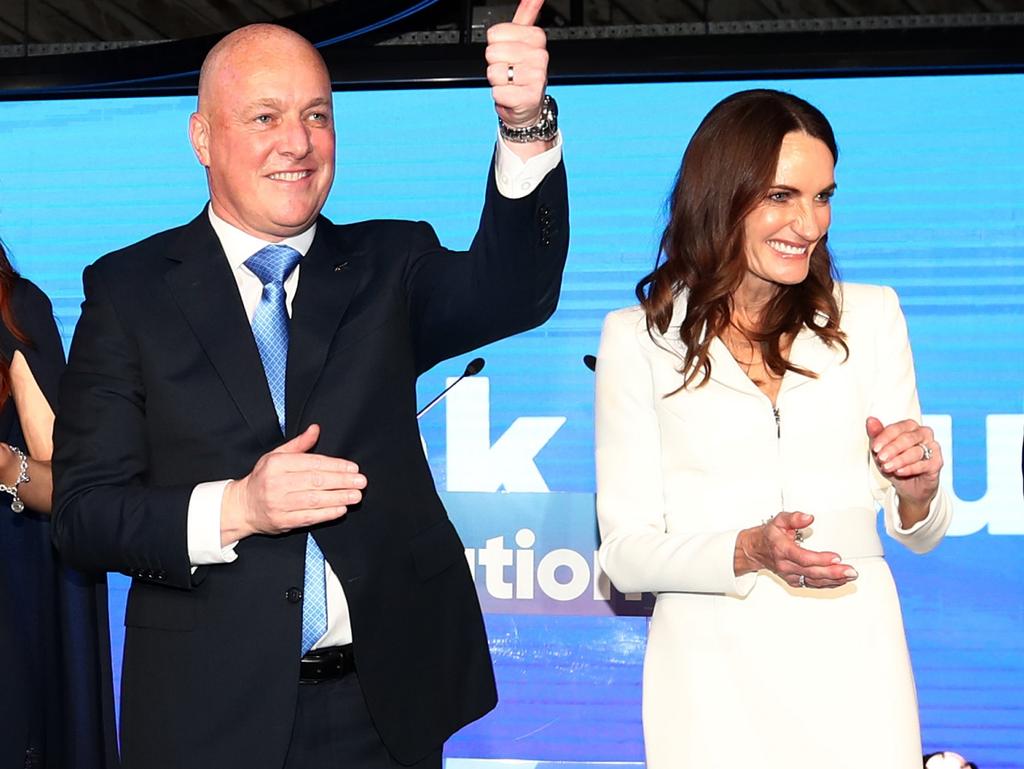
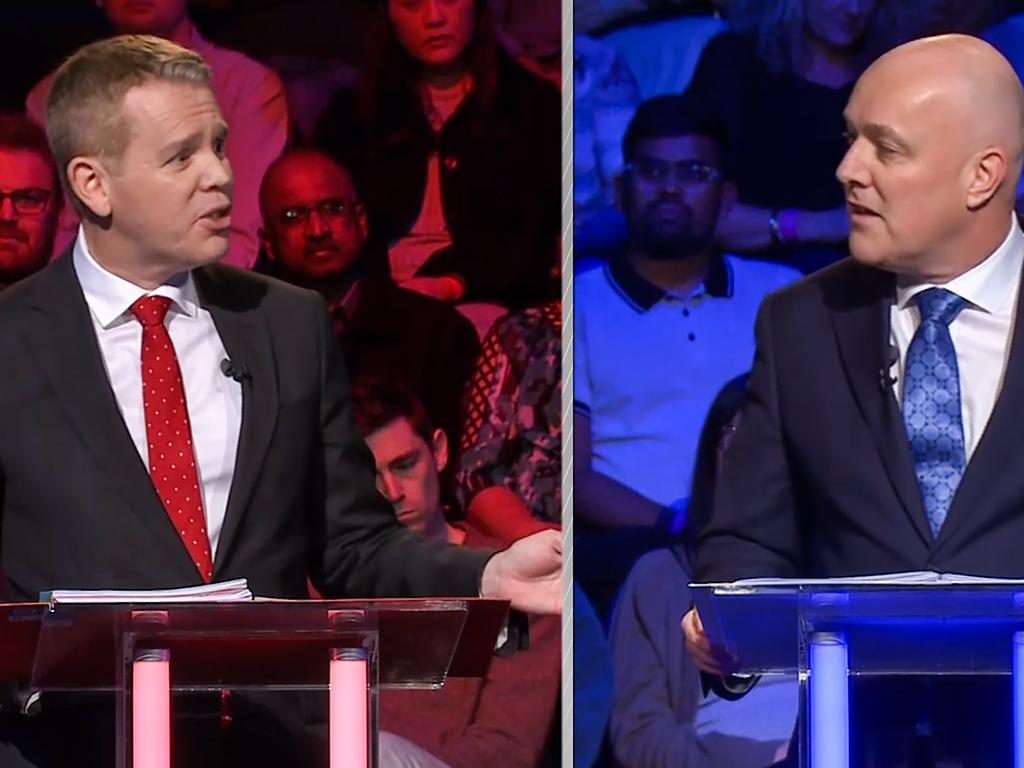
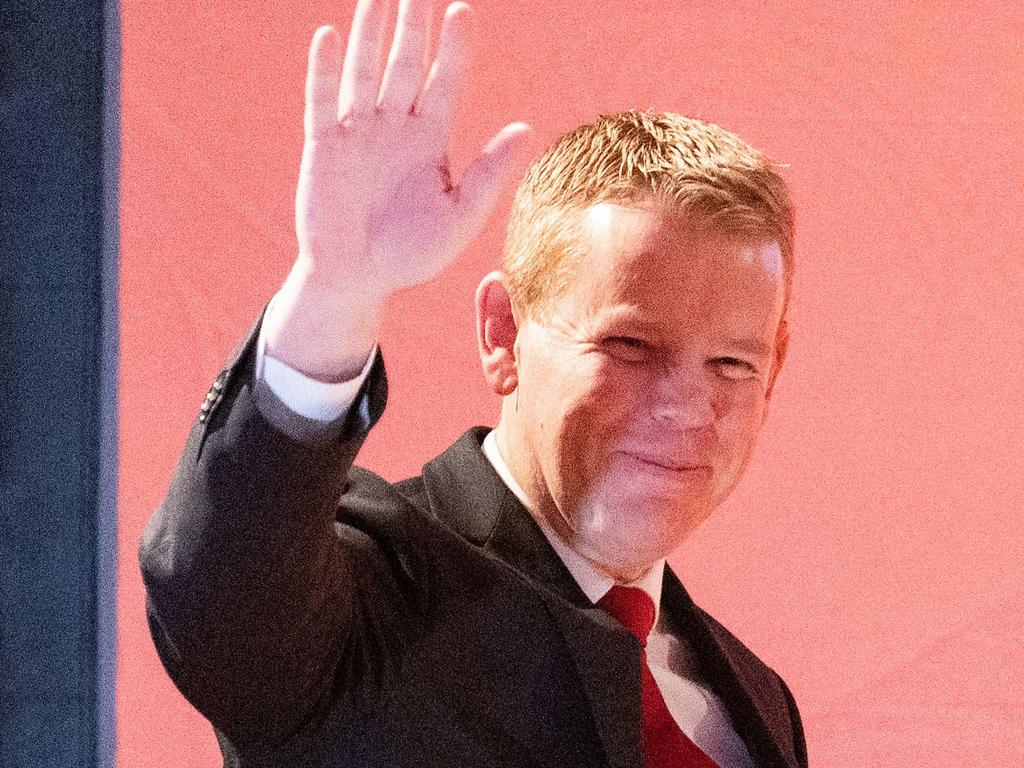


Incoming Kiwi prime minister Christopher Luxon will boost New Zealand’s defence spending and alliance with Australia, accelerate its return to the Five Eyes fold, and prioritise its trade relationship with India to reduce its economic reliance on China.